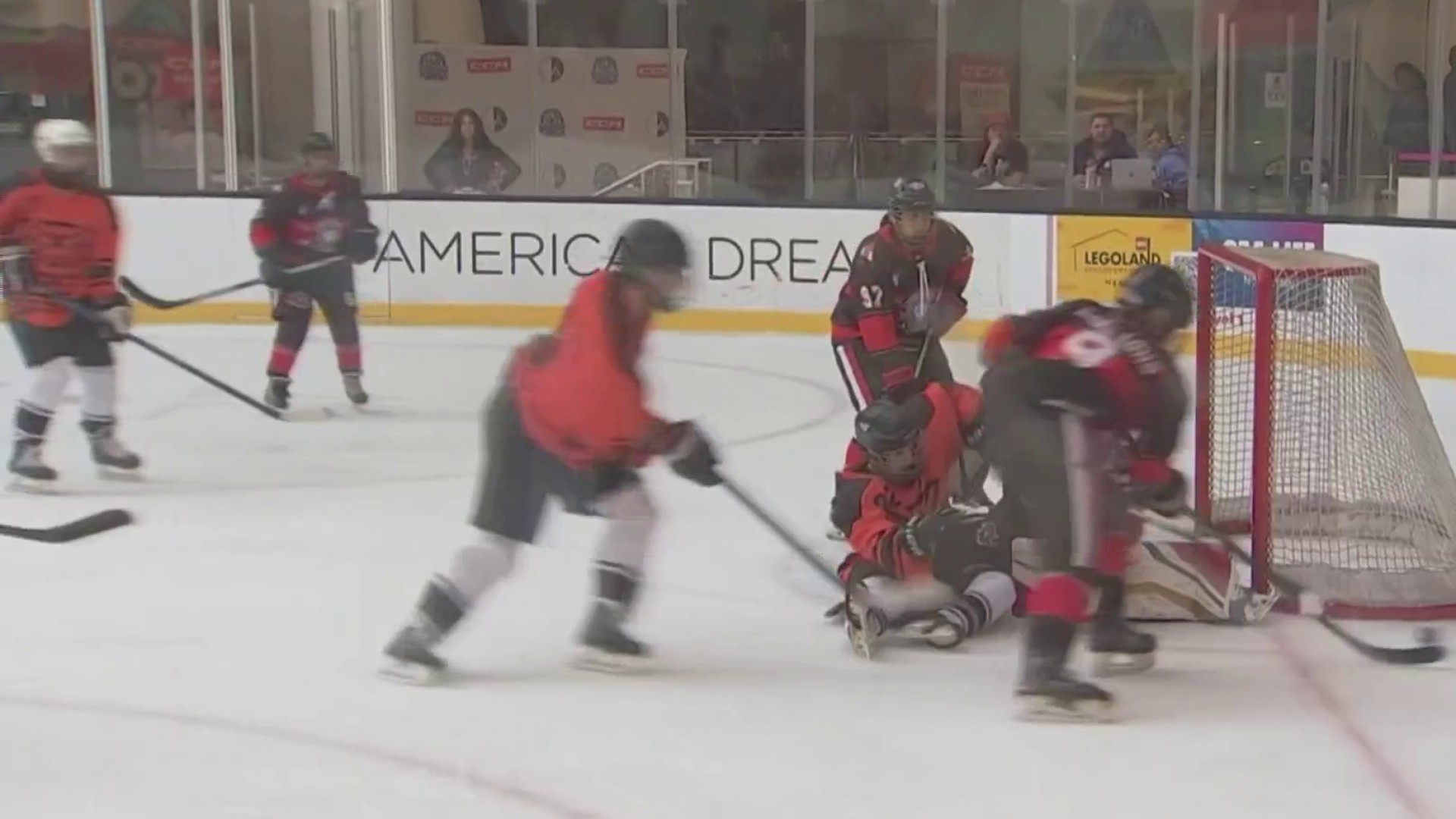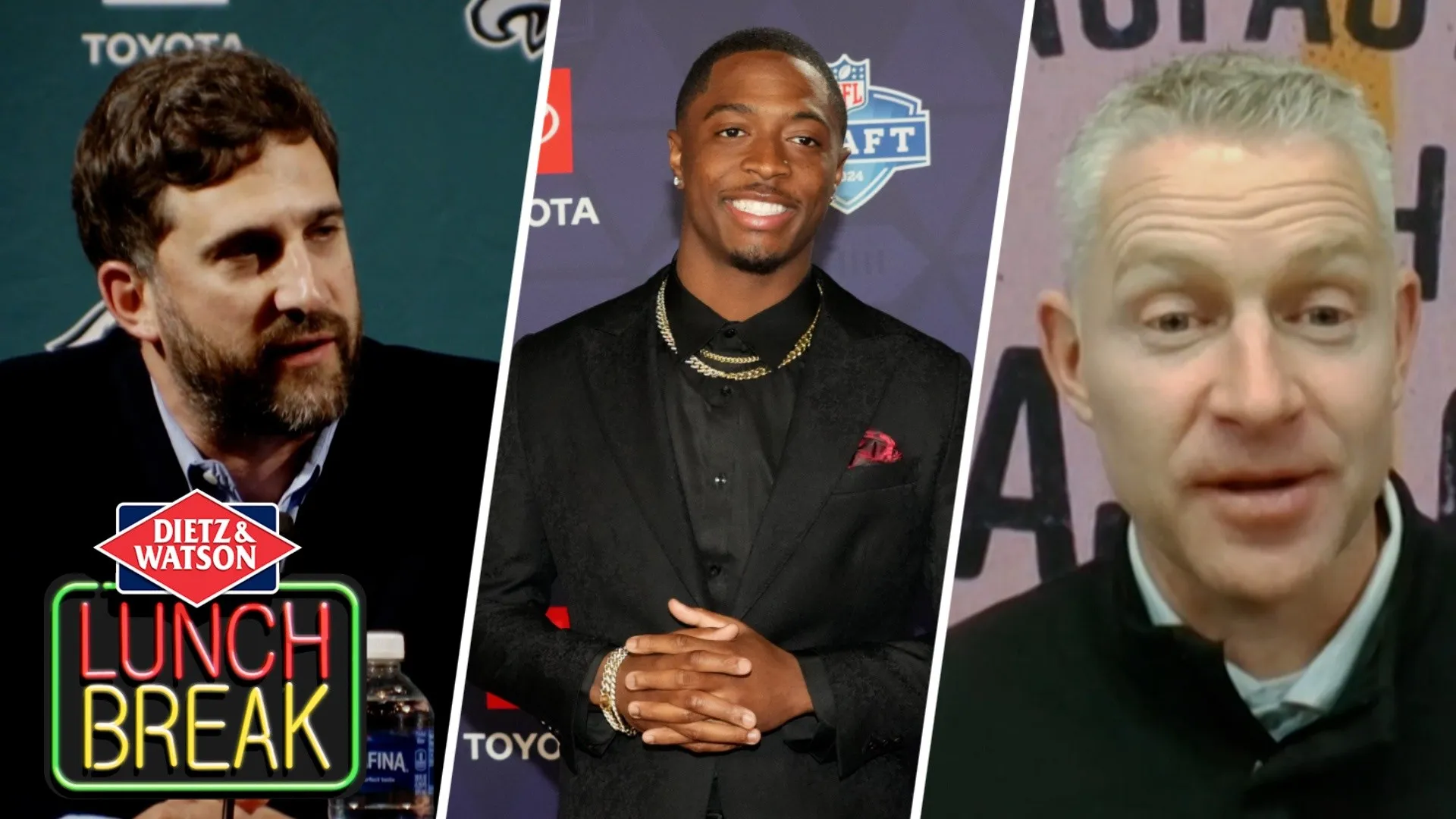
The weird thing about following a team that everyone presumes is tanking next season--and everyone agrees should be following that exact strategy--is that it's hard to get excited about potentially positive developments for the team. Any personnel move that might make this team better had better not make the team that much better for at least another season, lest any slight improvement in team quality result in the Sixers falling out of the draft's top tier, and end up picking ninth in a draft that has eight potential franchise-changers.
So with news of the Sixers' recent hire of Brett Brown of head coach, and their recent press conference to introduce him to the Sixer faithful, it's hard to know exactly what we want from the guy. We don't want him to step in and be so brilliant and creative on both sides of the ball that he somehow leads this team to overachieve their way into playoff contention (and out of the lottery). But of course, we don't want him to be so incompetent that the team turns on him and has to replace him a year or two into his four-year deal.
What do we want out of Brown then, especially in his sure-to-be-rough first season? Let's review.
Stay in the game with the latest updates on your beloved Philadelphia sports teams! Sign up here for our All Access Daily newsletter.
Building a good relationship with the young players. This is either priority #1 or #1a for Brett Brown, and probably the main reason he was hired from San Antonio, where as director of player development for 2002-2006, he played a part in turning then-unknown late draft picks Manu Ginobii and Tony Parker into the future Hall-of-Famers they are today. There's no saying that he has the magic touch to turn Michael Carter-Williams and Nerlens Noel into that kind of All-Star-caliber player, especially not in their respective debut seasons, but if he can at least get on the same page as them, develop trust and respect with them, then that will be undeniably important to the team moving forward. (And if he can get through to more veteran players like Evan Turner and Spencer Hawes and find more effective ways to use them than than Doug Collins ever did, even better.)
A recent analogue here would be head coach Scott Brooks with the Oklahoma City Thunder. Brooks was named replacement coach of the Thunder midway through Kevin Durant's sophomore season (and Russell Westbrook's rookie season), and lost a whole lot his first year--22-47 in his incomplete head coaching debut. But he built relationships with Durant and Westbrook, figured out that Westbrook could be trusted at point guard and that playing Durant at shooting guard was ridiculous, and the next season, the team won 50 games. That's a ridiculous turnaround that couldn't possibly be expected from the Sixers--especially since we don't have anything near a Durant on our roster currently--but it's a model of short-term pain to long-term benefit that could be worth seeing through.
Staying on the same page as management and ownership. Any NBA expert will tell you that the most important thing for a franchise's sustained long-term success is having the owner, general manager and coach all on the same page. Given the strenuous vetting process that Sam Hinkie presumably underwent both before being hired by majority owner Josh Harris and before hiring Brett Brown himself--if Hinkie isn't convinced that Brown is his man after the team's comically overextended coaching search this summer, he'll probably never be satisfied with anyone--we can probably assume that the three men are all ordering their cheesesteaks the same way these days, with no confusion or mixed messages between anyone.
In other words, there's little chance that Brown will be overloading on veterans and keeping his young players bench-ridden while Hinkie wants to develop the young guys and not mess with the team's draft standing, or that Brown will let his young players run amok while Harris loses patience with the rampant losing at the Wells Fargo Center and wants him to squeeze out every W possible. All three same to be working from the same playbook for the time being--you can practically taste the synchronicity at the team's pressers--and as long as they stay that way, the team should be headed in a good direction.
News
Installing logical offensive and defensive schemes. The Spurs were able to maintain consistent success for over a decade partly by having comprehensive strategies on both sides of the ball that allowed Popovich and company to seamlessly slot fungible players in and out of their rotations, with knowledge that all of their non-stars would know their roles and fit into them without overstepping or messing up their continuity. Brown talked about this during his press conference, and about how he'd like to run on offense next season, so next year is a chance to experiment with that and tool it around the personnel at hand, to get to a pace that both team and coach are comfortable with.
Consistency year-to-year is incredibly important in the NBA, so if the team can go into next year already knowing what they want to do on the court, that will give them a sizable advantage over other rebuilding teams still trying to find their way, and will help them create a comprehensive team culture that could, lord willing, eventually get them to a level approaching that of the Spurs. Of course, you need the pieces to do that as well as the concepts, but for now, Brown can only work on the latter, and hopefully Hinkie can help him out with the former over the next few years.
Figuring out specific areas where certain players need to get better. Michael Carter-Williams could really use a Tony Parker-like floater in his offensive arsenal for when defenders give him space after he turns the corner on the pick-and-roll. Thaddeus Young could help the team stay versatile in their lineups by extending his range to the three-point line. Nerlens Noel could probably stand to beef up a little, to avoid getting pushed around so much by stronger post players. Evan Turner should almost definitely stop taking those pull-up jumpers in transition. And Spencer Hawes needs to get a friggin' hand up to contest on defense.
Brett Brown will undoubtedly figure all this out, and more, over the course of the season. Isolating these micro problem areas and instilling in the players the importance of fixing them is a key first step towards rebuilding. A lot of that is on the players to actually put in the necessary work, but it has to start with Brown, and his sterling reputation for player development, to task them with doing so, and getting on them if they don't.
Staying on the good side of the fanbase. Brown seems like a likeable guy, someone who understands winning basketball and who even understand the city of Philadelphia fairly well. The fanbase is frustrated enough with the team's extended mediocrity and knowledgeable enough about the historic upcoming draft class that few if any will really get on Brown if the team loses big next season, so all Brown really has to do to survive his first year in Philly is to not piss people off. Don't snap at media, don't call out the fans, don't make inflammatory comments about any of the players--just keep a low profile, lose with class, and live to fight another season.
Seems obvious, but losing takes different tolls on different sorts of demeanors, and we won't know how Brown will react until we see it first-hand. Better times are ahead for this franchise, but Brett needs to weather the bad ones first, and hopefully without alienating the city in the process.


